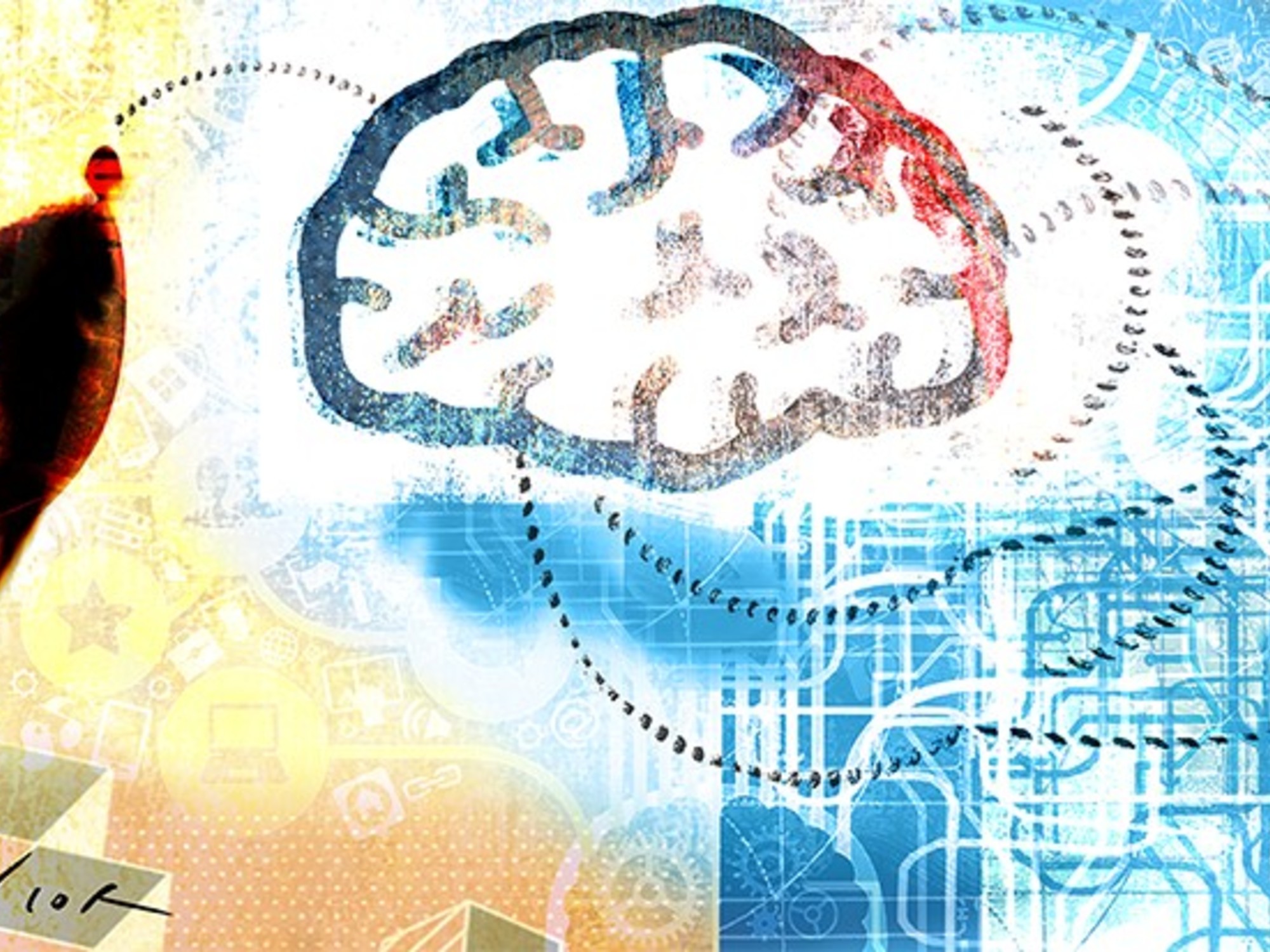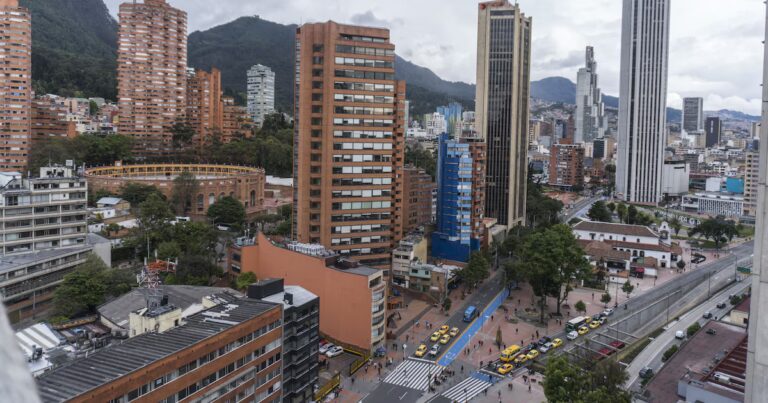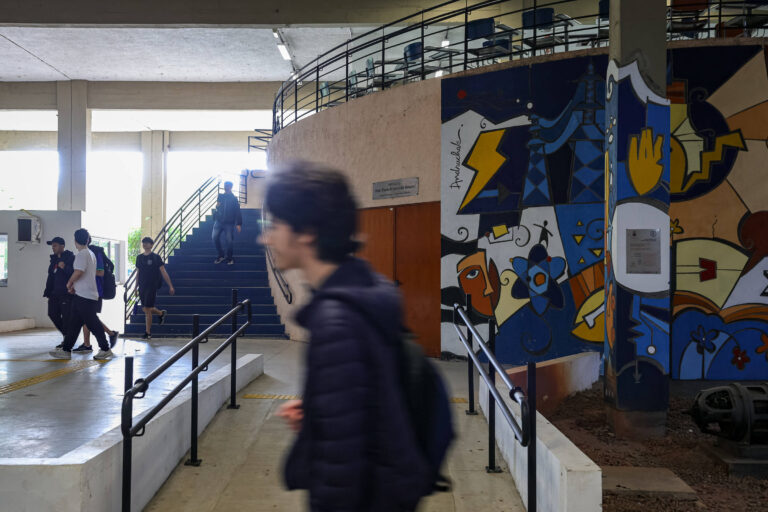
We live in a world of very rapid change and all kinds of uncertainties, risks and challenges. Of all of them, we will only refer to a few. We know that artificial intelligence is an unstoppable phenomenon, advancing rapidly and having multiple impacts.
It generally happens that we provide highly relevant services and create new jobs, but at the same time we destroy more jobs than we create. This ranges from being a programmer to repeating simple skills and skilled roles in traditional professions.
on the other hand. In our country, new jobs are being created in sectors such as energy (particularly in Vaca Muerta) and mining, as well as agribusiness and some services, but not in densely populated areas such as the various suburbs of our country.
The question then arises as to whether something can be done both for the currently unemployed and for new generations who have no future in our society or economy.
One hope is the development of a care economy. Caring for vulnerable people who require individualized and empathetic care due to age (very early or very old), health condition, or disability. Property management, both real estate and furniture (equipment and transportation).
Maintenance, restoration, expansion, and construction require multiple skilled professionals, who are currently in short supply. From contributing to the regeneration of land and rural and urban vegetation through recycling and a green economy to caring for our pets, caring for nature.
Let us not forget the entitlements that need to be created to cope with increasingly extreme events due to climate change, such as prolonged droughts, severe flooding, and displacement due to rising sea levels.
If we agree to this approach, it will lead to the implementation of education and training policies from vocational high schools and colleges, through higher education institutions, to short courses at various universities. This will enable people of all ages who need a job to qualify, but also especially young people who think they have a future.
In the current organizational chart of the country’s executive branch, this is the responsibility of the Ministry of Human Capital, which must coordinate corresponding measures with the various state jurisdictions (and local governments).
This should be operationally complemented by federal agencies that detect different needs and articulate them with training, employment, work, and social assistance dependent on this organization.
We must face the occupational challenges posed by AI. They must also face a dual agenda: a thriving sector that generates significant foreign exchange but little employment, and another sector in which economic activity will not recover. There is a huge sector of the urban population that barely survives on informal livelihoods, has no future for their children, and is threatened by the temptations of crime and drug trafficking.
Macro stability must be accompanied by policies and measures for an economy of care and harmonious development of the region. This involves all of us and carries out a more intelligent restructuring of the nation at many levels.



